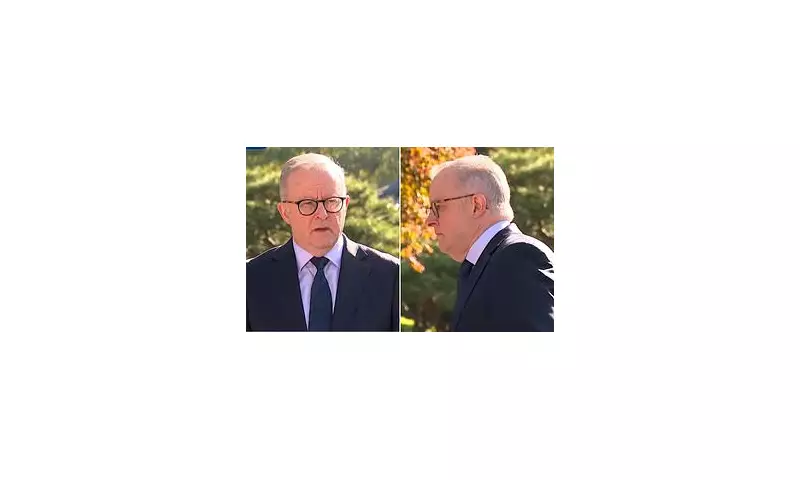
In a remarkable display of political theatre that echoed the confrontational style of former US President Donald Trump, Australian Prime Minister Anthony Albanese launched a blistering attack on the media during a recent press conference.
Confrontation in the Conference Room
The Labour leader took direct aim at journalists, accusing them of distorting his words and creating false narratives about his government's performance. "I noticed that some of you have written things that are directly opposite to what I actually said," Albanese declared, his frustration palpable.
This extraordinary outburst came during what was meant to be a routine media engagement, transforming it into a heated exchange that left many observers drawing parallels with Trump's famous adversarial relationship with the press corps.
Defending the Government's Record
Albanese vigorously defended his administration's achievements, particularly in economic management and social policy. He challenged reporters to examine what he described as "the actual outcomes" rather than relying on what he characterised as media misinterpretation.
"The facts speak for themselves," the Prime Minister asserted, "despite what some commentators would have you believe."
Media Backlash and Political Fallout
The confrontation has sparked intense debate about the relationship between the government and the fourth estate. Political analysts are divided on whether this approach represents:
- A strategic shift in media engagement
- Genuine frustration with coverage
- A calculated political manoeuvre
- A concerning development for press freedom
Opposition figures were quick to criticise the Prime Minister's tone, while media representatives defended their reporting standards and the importance of holding power to account.
Historical Context and International Parallels
This incident places Albanese within a growing trend of world leaders adopting more combative stances toward journalists. The Trump comparison is particularly striking given the former president's famous designation of critical media as "the enemy of the people."
While Albanese's comments stopped short of such extreme rhetoric, the underlying sentiment of media distrust and the public challenge to journalistic integrity marks a significant departure from traditional Australian political discourse.
The episode raises important questions about how governments should interact with the media and whether such confrontational approaches serve democratic accountability or undermine it.





